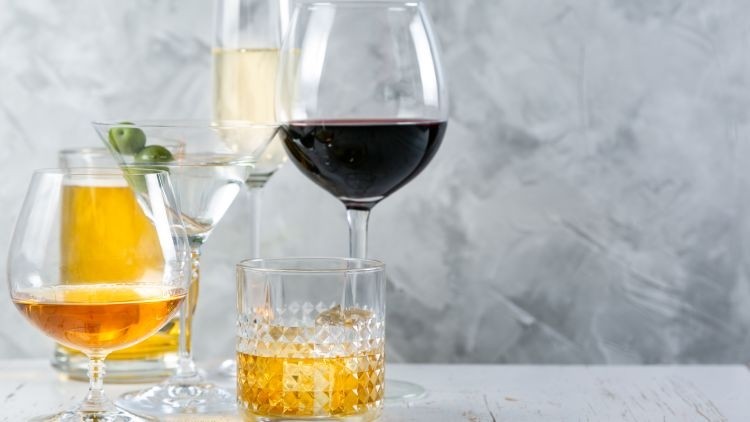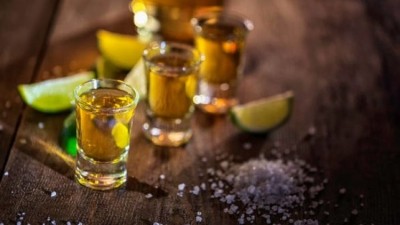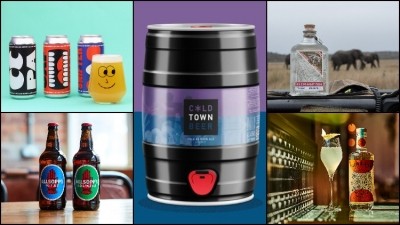Gov alcohol tax proposals blasted by businesses

The SME Inquiry Report from The Wine and Spirit All Party-Parliamentary Group delved into the consequences of the Government’s proposed reform to alcohol tax for UK SME wine and spirit businesses.
MPs heard evidence from 15 small and medium-sized businesses that are frustrated and confused about the Treasury’s “complex and costly approach” to making alcohol taxation simpler and fairer, the trade body stated.
Under the current proposals, beer and cider will continue to be taxed at significantly lower rates than wine and spirits and the proposed Small Producers Relief scheme will only apply for products under 8.5% ABV.
This threshold means vineyards and distillers are barred from accessing the scheme and its benefits, leaving wine and spirit SMEs disadvantaged and dismayed.
The Chancellor’s proposed changes are set to put more misery on British businesses and consumers, according to the WSTA, after the UK’s rate of inflation rose to 5.5% and is expected to peak at more than 7% in April – the same time a reversal of the hospitality VAT cut due to come into force.
The APPG has written to the Exchequer Secretary to the Treasury Helen Whately to share the findings and recommendations of the report following the closing of the consultation at the end of January.
Hundreds of businesses and consumers submitted responses to the consultation and the report highlighted serious concerns from SME businesses about increases in administrative costs, which threaten the financial viability of some wine and spirit companies.
The report concluded the current policy proposals need to be revised as a matter of urgency.
Illogical and unfair treatment
WSTA chief executive Miles Beale said: “Far from being more economically rational, these proposals would embed and increase the illogical and unfair treatment of spirits and wine.
“Beer and cider tax remains the lowest and will not go up but on the flip side, 80% of all still wine, 95% of red wine and 100% of fortified wines [will]. Spirit drinkers will face the highest taxes of all at 29p a unit.
“In addition, levying tax by degree will require huge changes to the supply chain and major changes to IT systems – all coming on the back of the changes required when we left the EU.
“These proposals will result in more costly red tape and will be particularly prohibitive for SMEs. It begs belief a Conservative Government is responding to an opportunity to do things differently post-Brexit by choosing to impose costs and burdens on British businesses! All for marginal gain to Treasury coffers.
“The APPG report is an excellent gauge of British SME businesses who believe the scheme proposed by the Government is punitive and not fit for purpose.”
Off the back of English sparkling wine sales success, Bolney Wine Estate has also seen growth in high quality English still wines.
Managing director and head winemaker Sam Linter said: “Following the huge success of English sparkling wine, we have begun to see an exciting growth in great quality English still wines.
“However, if the Government’s current proposals for wine tax go ahead, this will stifle the growth of the English wine sector and be extremely prohibitive for our talented English winemakers.
“The economies of scale are not there for small producers and even a 10p tax increase on a bottle of wine has a major impact on an industry, which is still in its infancy compared with its European counterparts. We very much welcome the reduction in sparkling wine tax, but not the proposed effect on the increase in still wine.
“We cannot understand why vineyards have been excluded from the Small Producers Relief scheme. For a small producer, the most effective way of getting up and running is through its cellar door sales, which is an area where Government could be supporting us.”
Increasing pressure
Brighton Gin co-founder Kathy Caton called for tax equality and for the Government to help businesses instead of “putting up barriers”.
She said: “I don’t resent paying taxes I just want it to be fair across the board. The stifling duty costs act as a handbrake to growth for businesses like ours.
“Instead of putting barriers in our way, the Government should be promoting and supporting ‘Brand Britain’.
“This is also incredibly unfair on consumers who should not be facing higher prices for their favourite drink, especially at a time when there is increasing pressure on household budgets.”






